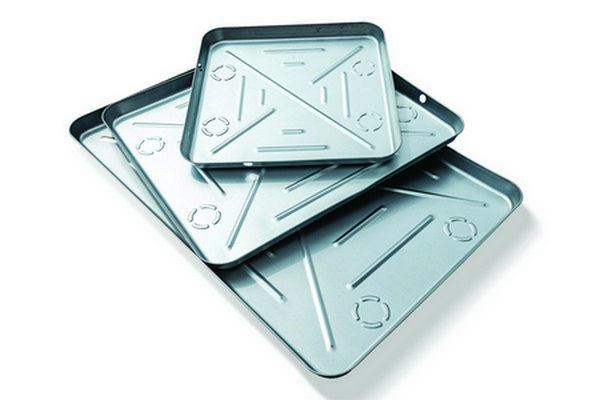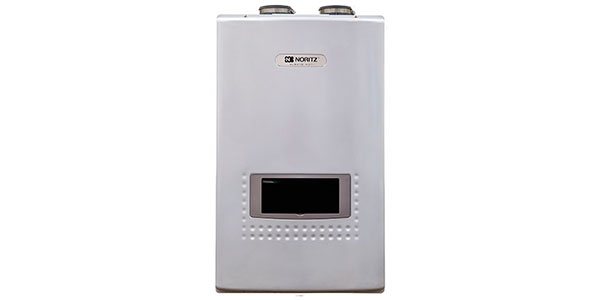BrassCraft Manufacturing Sponsors Plumbing Profession Growth Opportunity
NOVI, Mich. — In a continued effort to support early awareness and education in the plumbing profession, BrassCraft Manufacturing is sponsoring the PACE program (Pre-employment Architectural & Construction Exploration). PACE is a Builder’s Exchange of Texas program that educates young students in construction and trade-specific plumbing profession opportunities.
BrassCraft Manufacturing is committed to the next generation of plumbers. The PACE program provides high school students with quality construction and plumbing industry information and training necessary to seek and obtain employment within the trades. Education Director Cherie L. Foerster explained, “PACE provides follow-up mentorship to participating students, as well as employment placement assistance once they have graduated from high school.”
Since PACE offers the program free of charge to young students, it is dependent on outside support. “Young adults have a lot to consider when choosing a career path, such as employable careers that can withstand varying economic trends. Plumbing professionals will always be in demand,” explained Director of Product Management and Innovation Patty Stinson. “We are committed to supporting organizations who take the initiative to get our young people interested early in their careers,” said Stinson.
For more information, please visit www.brasscraft.com.



